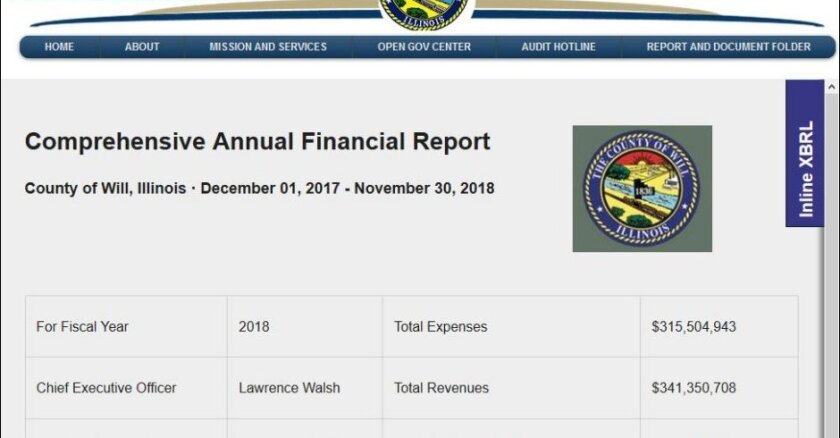The GREAT Act builds on legislation enacted in 1984 requiring governments and nonprofits that spend more than $750,000 in federal funds annually to submit audited financial statements — known as "single audits" because they encompass all of the entity's federally funded programs — to the federal government. The audit-filing requirement is regulated by the Office of Management and Budget. For the 2018 fiscal year, almost 36,000 entities filed single audits; these entities spent more than $1.2 trillion in federal grants and Medicaid matching funds.
In 2016, the federal government began publishing grantees' audited financial statements at its Federal Audit Clearinghouse. But these audits take the form of voluminous, hard-to-consume PDFs. That's a shame because the audits include detailed information on grantee financial performance that would help federal oversight agencies identify high-risk grantees that may not be able to carry out their grant obligations due to fiscal stress. Audit reports that are searchable and more accessible also would be valuable to journalists, researchers and citizens seeking insight into the operations of organizations receiving taxpayer money.
The GREAT Act aims to fix this problem. It revises the relevant passage of federal law to require that the audit reports be transmitted "in an electronic form in accordance with the data standards established under chapter 64." The reference to Chapter 64, which was also added by the GREAT Act, requires the use of data standards that are nonproprietary and that render the information reported by recipients of federal money in fully searchable and machine-readable formats.
The GREAT Act gives the director of the Office of Management and Budget three years to issue guidance implementing this requirement. And, by the end of 2025, OMB must publish consolidated audit data on a public portal. Such a long implementation timeline may seem generous, but given the large number of stakeholders involved — both within the federal government and the larger grantee community — getting this right could be challenging. Further, the requirement to convert the single-audit reporting package to machine-readable format has yet to be addressed by the otherwise ambitious 2018 President's Management Agenda.
Fortunately, as part of this effort, the federal government could take advantage of some pioneering work done by a working group within the standards body XBRL US, which I chair. Since late 2018, we have been working on a taxonomy for government financial statements that is compatible with Governmental Accounting Standards Board guidance.
XBRL, which stands for eXtensible Business Reporting Language, is the standard that the Securities and Exchange Commission chose for corporate annual and quarterly financial filings. It is widely used around the world for private-sector financial reporting, and in a few countries — most notably Spain — for municipal financial reporting as well.
Our most recent taxonomy release covers four key government financial statements, and we plan to extend coverage to three more shortly. Recently, Will County, Ill., became the first local government to publish XBRL financial statements on its website, and we look forward to others following suit. Financial transparency is a great thing for governments and for the taxpayers they serve, and the GREAT Act provides a much-needed framework for a strong start toward achieving that ideal.









